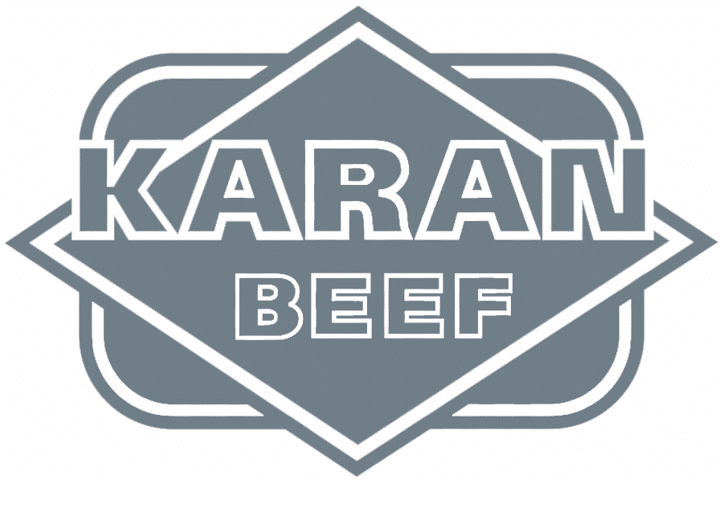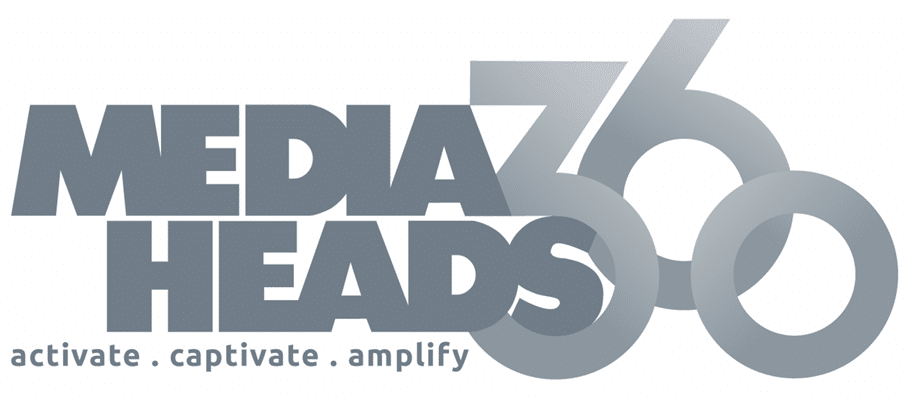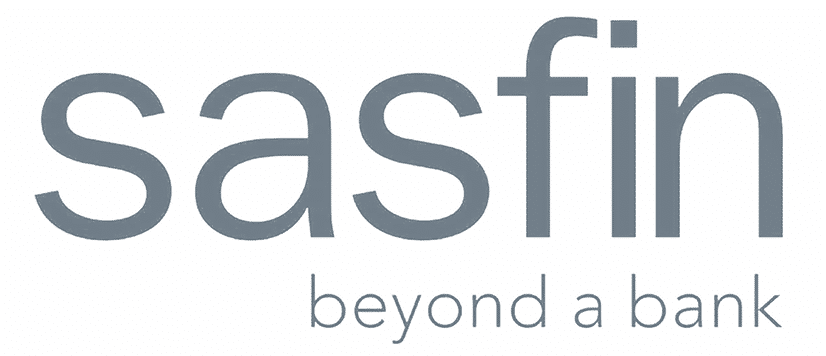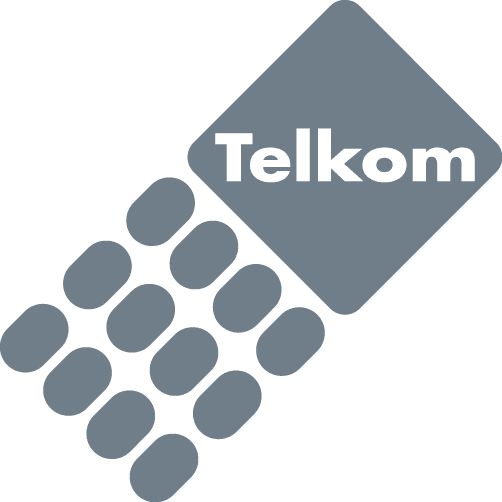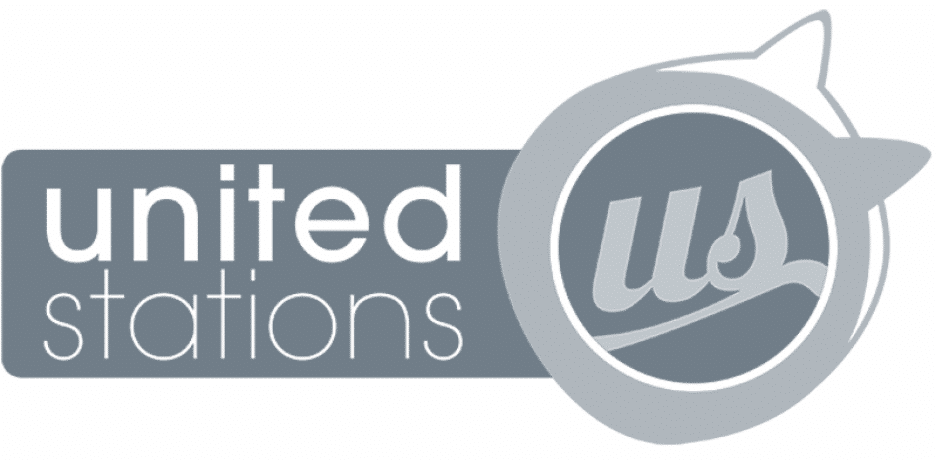Marketing became a quantified high-stakes game where every penny matters. The one thing everyone can agree on, whether you are a lean start-up or managing multi-channel budgets, is that as marketers, we all want to get better results with the same or even fewer resources. That is precisely why experienced marketers and companies are reaching out for Artificial Intelligence, not as a novelty, but as a workhorse for improving efficiency, optimising execution, and, oh yeah, reducing costs.
It’s not just that automation or analytics is the killer app of AI in marketing. It’s the capability to make smarter and faster decisions, minimise waste, and operate leaner across the board. But Artificial Intelligence by itself is not sufficient. What gives marketers the edge is their training in solving problems, not just in general campaign strategy, but in using AI systems with intent. This is where the savings potential takes flight.
AI is also transforming the way we run modern campaigns, from more intelligent targeting to getting that content ready faster and optimising budgets in real time. The ones who know how to use it are gaining a serious edge, outstripping competitors, scaling with fewer resources and getting more return per dollar spent.
More innovative Planning and Targeting with AI
Targeting the wrong audience is one of the costliest errors in marketing. Many conventional approaches draw from simple demographics or past behaviour, factors that can leave gaping holes in effectiveness. Marketers are solving for this with the help of AI at planning and targeting, enabling them to paint with more defined strokes from the get-go.
Artificial Intelligence can crunch historical data, present patterns and predictive signs to tell you which customer segments are most or least likely to engage, convert or churn. Marketers who know how to analyse and utilise this information can refine their focus on high-value audiences. This prevents wasting cash on sweeping, underperforming segments and maximises campaign ROI from the get-go.
It makes us smarter, targeting and more efficient in media buying. Based on where audiences are the most responsive, Artificial Intelligence may be used to decide the proper channels, times and even formats of ad placements. When that additional layer of intelligence is embedded in the planning process, marketers can make more informed decisions, cutting out the guesswork and getting every possible cent for their investments spent.
AI’s Campaign Testing also means that the AI machine can help test campaign variations before you roll them out fully, providing immediate feedback on what works and what doesn’t. Marketers can train with the combinations of audience, message, and budget to simulate predictions ahead of time. This kind of strategic forecast results in fewer campaigns down the drain, and a turnaround when something isn’t successful is more readily generated, which saves time, reduces costs, and leaves fewer “what if” moments on the table.
Cutting Creative Costs with AI-Driven Content
Production or creative can be one of the most resource-heavy parts of any campaign. With copywriting, graphic design, video editing and revisions, the costs add up quickly, particularly when you require high quantities of content for multi-channel campaigns. That’s where Artificial Intelligence tools, in the hands of an expert marketer, become a juggernaut for reducing costs.
Any decent marketer knows how to use AI for scalable content variations. If armed with the right prompts and tools, they can churn out ad copy, emails, social captions, and visuals in minutes. This isn’t just a time-saver; it also minimises outsourced creative fees, trims turnaround times and enables quicker A/B testing and personalisation.
Artificial Intelligence also enables content production on the fly. Rather than creating an individual asset for each audience or channel, AI allows marketers to customise messages for different audiences and platforms automatically. The result is timelier, better-performing content, for a fraction of the cost.
What matters is that these marketers aren’t just hitting “generate” and then “publish.” They’ve been trained to take AI-generated content, fine-tune it for tone, ensure it aligns with brand guidelines, and make sure the output supports campaign goals. It is this hybrid approach that explains why the cost savings are both genuine and trustworthy. By adopting AI into their creative workflows, marketers can reduce dependence on massive teams or agencies, create more content for less, and become more agile to campaign needs, all without sacrificing the impact of their messaging.
AI-Powered Automation for Learner Execution
There are dozens and dozens of moving parts involved, ads to set up, bids to manage, performance metrics to monitor, channels and mediums through which you must be constantly tweaking and optimising. Traditionally, this requires large teams or outside agencies, both of which are expensive. Artificial Intelligence changes the equation.
Marketers, starting to get the hang of these tools, are automating huge swaths of execution. With machine learning, there’s less reliance on constant manual oversight of your campaigns, from automated bids to more intelligent scheduling and dynamic budgeting (shifting money mid-month), so there’s no need for you to get stuck in the details. Campaigns can adjust in real-time to performance signals, reducing bids on underperforming ads, raising spend on high-performing content & shutting off non-producing content.
This form of automation not only saves money but also reduces labour hours significantly. Marketers can refocus their efforts from the day-to-day repetition to a higher-level strategy, resulting in better quality work and quicker performance with no additional headcount.
Artificial Intelligence also improves testing. Automated multivariate testing allows campaigns to test multiple variations simultaneously and determine which options perform best, without requiring separate manual setups. Marketers who know how to use these tools can set rules, establish success metrics and let the system optimise in real time. This translates to smarter spending, faster wins, and less budget spent on trial and error. AI-improved execution means campaigns are far more nimble, efficient and significantly less bloated. Equipped with informed and educated marketers at the helm, you can do more with less faster than ever.
Insight-Driven Optimisation That Eliminates Waste
The actual savings tend to be visible after a campaign has launched and during the optimisation process. This is where the tweaking occurs: Marketers here adjust and redistribute based on data. However, for those who know how to draw intelligence from AI-driven analytics platforms, the advantage in this phase is huge.
Trained marketers aren’t waiting for reports to come in or sifting through data manually; they’re using Artificial Intelligence dashboards to receive feedback in real time. They’re able to identify trends, see issues before performance starts declining, and know where spending is being wasted within hours. That speed of insight enables them to act more quickly, saving budget and enhancing results.
Artificial Intelligence also provides more profound clarity. It can break down cross-channel performance, decode attribution and pinpoint where money is being duplicated or misallocated. For instance, it could indicate whether two ads are competing or if a specific channel performs better on weekdays. This type of nuanced understanding can help inform smarter decisions and can drive better spend control.
Beyond performance data, skilled marketers use A.I. to forecast what will work next. Rather than guess, they predict when the best time is to scale, stop or pivot. This is forward-thinking planning to avoid overspending on plateauing campaigns and to scale winners with confidence. Ultimately, whereas optimisation with AI might have a substantial up-front hurdle, it can become a self-sustaining, cost-minimising cycle. It accumulates faster, and you work more efficiently with each campaign.
Conclusion
Artificial Intelligence is no longer a future trend; it’s an everyday solution for marketers who seek to stretch their budgets and reduce the cost of campaigns without losing performance. But the tools aren’t where A.I.’s actual value will ultimately lie. Because it all comes down to knowledge, the power of experience and strategy that skilled marketers can bring to bear when they know how to use those tools effectively.
From planning and creative to execution and optimisation, AI provides levers that are impactful in trimming waste, automating workflow management, and amplifying performance. Companies that leverage AI to its limit reduce waste, speed up decision-making and achieve better outcomes with fewer resources.
GET IN TOUCH WITH THE DIGITAL SCHOOL OF MARKETING
Do you want to become a digital marketing expert with the Digital School of Marketing? If you do, you must do our Digital Marketing Course. Follow this link to find out more.
Frequently Asked Questions
Artificial Intelligence drives cost-efficiency by automating time-consuming manual tasks, maximising targeting capabilities, and accelerating creative production. Trained marketers utilise AI tools to find high-converting audiences, generate variations of content, and manage their budget on the fly. This minimises waste, accelerates execution and decreases the requirement for large teams or outsourced services. When implemented correctly, AI ensures that each rand or dollar is spent effectively, enabling marketers to do more with less while increasing campaign performance and return on investment.
Yes. Many Artificial Intelligence marketing solutions today come with user-friendly, no-code interfaces. Marketers can benefit from content creation and audience insight platforms, as well as campaign automation, without any technical skills. The trick is finding ways to wield these tools strategically, knowing what to automate, how to parse data and where to use AI for maximum impact. With the correct information in hand, any marketer can cut campaign costs and improve efficiency with AI-based technologies.
It enables the marketing team to find the right audience, develop targeted messaging, automate bidding and adjust their campaigns in real time. Artificial Intelligence has the added benefit of predictive suggestions for budget allowances and forecasting. These features have the potential to help marketers cut out manual work, reduce trial-and-error spending, and quickly drop underperforming strategies. Marketers have AI trained at every stage of a campaign, driving continuous cost reduction and intelligent execution..
Artificial Intelligence isn’t a substitute for marketers; it can enhance their efforts. From benign list-building to low-level data-entry, AI has liberated marketers’ minds and energies to be spent more strategically, creatively and innovatively. Marketers who have been educated on how to use AI as a tool can make smarter decisions, faster, test ideas at scale and optimise a campaign with very little waste. It’s about enhancing human abilities, not replacing them.
Small businesses would see the most gains from artificial intelligence by answering calls or performing other tasks that they might otherwise have to pay somebody, or a larger agency, to do. Email and social are mainstream, and now several affordable solutions for marketing automation, content creation and performance monitoring are available. Processed small business marketers use these tools to pinpoint niche targets, craft highly tailored messages, and measure responses in real time, all without a big budget or a formal team.
To leverage artificial intelligence to its full potential, marketers can seek guidance on data literacy, prompt writing, and operating the tools themselves. Knowing how to interpret campaign data, assess AI-generated outputs, and optimise in real-time based on feedback is essential. Marketers will need to become more proficient at matching the capabilities of artificial intelligence to business goals, learning how to automatically optimise campaigns, determining what to automate and where humans should intervene, and adapting campaigns rapidly.
Blog Categories
You might also like
- Your Complete Guide to PPC Marketing Basics. Find out more.
- Would you make a great marketing manager?
- Will digital marketing now replace traditional marketing?
- Will Digital Marketing Kill Traditional Marketing?
- Why Your Online Branding Is Key To Your Business
- Why Your Mobile Marketing Has To Go Global? Learn more.






